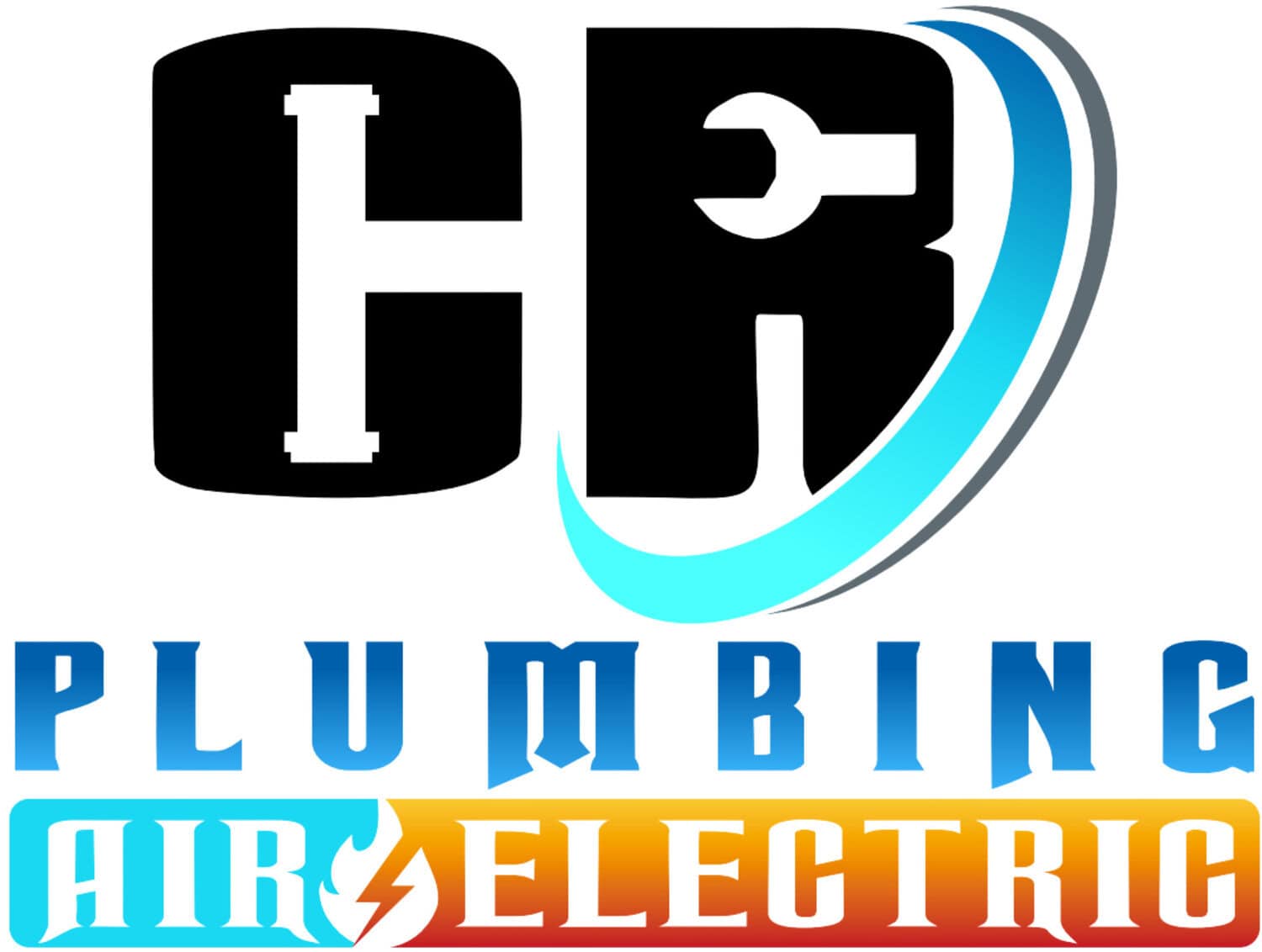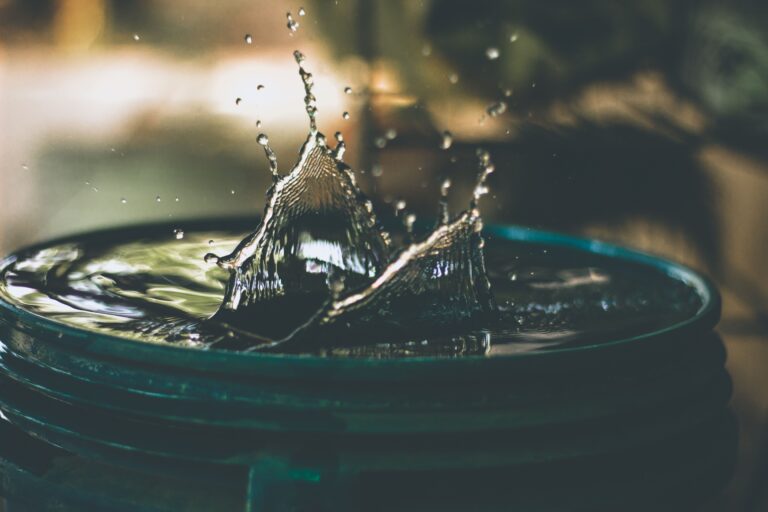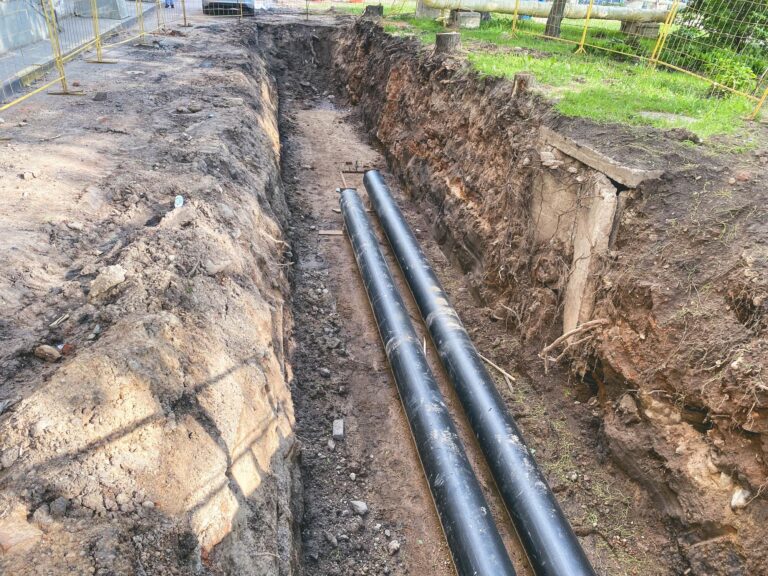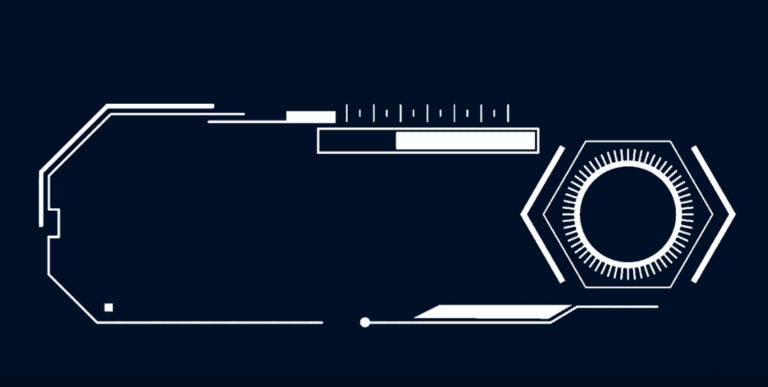How a Water Softener Can Protect Your Plumbing and Appliances
If you’ve ever noticed chalky white build-up on your faucets or struggled with soap that just won’t lather, you might be dealing with hard water. And while it seems like a minor nuisance, hard water can quietly wreak havoc on your plumbing system and shorten the lifespan of your appliances.
The good news? A water softener can help, and it’s not just about cleaner dishes or smoother hair. At CR Plumbing, Heating and Air Services, we’ve helped dozens of families install the best water softeners for long-term home protection. In this guide, we’ll walk you through how water softeners work, the signs you need one, and why it’s worth the investment.
What Is Hard Water and Why Is It a Problem?
Hard water is water that contains a high concentration of dissolved minerals—mainly calcium and magnesium. While it’s not harmful to your health, it can be rough on your home’s plumbing.
Here’s how hard water impacts your system:
- Mineral build-up in pipes reduces water pressure and can lead to blockages
- Scaling on appliances like water heaters, washing machines, and dishwashers causes wear and tear
- Soap scum and residue build up on tubs, tiles, and skin
- Increased energy bills from appliances working harder than they need to
Left unchecked, hard water becomes more than just annoying; it becomes expensive.
How Do Water Softeners Work?
Water softeners remove the calcium and magnesium ions in your water and replace them with sodium or potassium ions. This ion exchange process takes place in a tank filled with resin beads that attract the hard minerals as water flows through.
Most systems include:
- Mineral Tank: Where the softening process occurs
- Brine Tank: Holds saltwater solution used for regenerating the system
- Control Valve: Manages the flow and timing of regeneration cycles
When you’re searching for water softeners near me, it’s important to choose a system that fits your home’s water usage and hardness level. Our team of expert local plumbers can guide you in selecting and installing the best option.
Signs You Need a Water Softener
Not sure if a water softener is right for you? Watch for these red flags:
- Limescale buildup on faucets and fixtures
- Faded or stiff laundry after washing
- Skin that feels dry or itchy after a shower
- Soap that doesn’t lather properly
- Appliances breaking down more frequently
- Low water pressure in faucets or shower heads
These are clear signs you need a water softener, especially if your home uses well water or sits in a hard-water-prone area.
The Benefits of Installing a Water Softener
Here’s why more homeowners are turning to soft water systems:
1. Protects Plumbing and Pipes
Soft water prevents scale buildup in pipes, reducing clogs, improving flow, and lowering the risk of corrosion.
2. Extends Appliance Lifespan
Appliances like dishwashers, coffee makers, and water heaters last longer without mineral buildup interfering with their components.
3. Improves Water Heater Efficiency
Soft water helps your heater operate more efficiently, which can lower energy costs.
4. Cleaner Showers and Laundry
You’ll notice shinier hair, smoother skin, and clothes that feel fresher and last longer.
5. Saves Money in the Long Run
Fewer plumbing repairs, appliance replacements, and lower energy bills add-up quickly.
Looking for the best water softeners for your home? We can recommend reliable systems backed by years of proven performance.
Pros and Cons of Water Softeners
No solution is perfect. Let’s look at the pros and cons to water softeners:
Pros:
- Prevent pipe corrosion and clogging
- Protect water-using appliances
- Improve soap and detergent performance
- Reduce energy costs
Cons:
- Initial installation cost
- Requires occasional maintenance (refilling salt, cleaning tanks)
- May not be ideal for people on low-sodium diets (though alternatives exist)
If you’re using well water, a water softener for well water is especially important due to the typically higher mineral content. These systems are built to handle heavy-duty softening needs.

Water Softener Maintenance Tips
Like any home system, your water softener needs a little TLC. Here’s how to keep it running smoothly:
- Check salt levels monthly and top off as needed
- Clean the brine tank once or twice a year
- Use the right type of salt (pellets or crystals depending on your unit)
- Watch for warning signs like salty water or reduced water softness
We provide water softener services, including system checks and cleaning, so you can stay ahead of any issues.
What About Emergency Plumbing Issues?
While water softeners help prevent problems, plumbing issues can still crop up unexpectedly. Whether it’s a burst pipe, faulty water heater, or severe blockage, our team is ready with emergency plumbing services you can count on.
We serve homes in Flower Mound, Argyle, North Richland Hills, Richland Hills, and surrounding areas.
Ready to Soften Up?
If you’re tired of hard water stains, sluggish appliances, and rough showers, it might be time to explore your water softening options. CR Plumbing, Heating and Air Services is your trusted source for local plumbing services and water softener installation.
We’ll assess your water quality, explain your options, and handle everything from setup to long-term maintenance.
FAQs About Water Softeners
1. How much does it cost to install a water softener?
The cost varies based on system type and home size but typically ranges from $500 to $2,500 installed. We offer custom quotes with full transparency.
2. Do water softeners require regular maintenance?
Yes. You’ll need to refill salt and clean the brine tank periodically. We also offer water softener services to handle this for you.
3. Will a water softener fix low water pressure?
If hard water buildup is the cause, yes. Softening your water can restore proper pressure and flow.
4. Are water softeners safe for drinking water?
Softened water is safe to drink, though those on low-sodium diets may prefer a potassium-based system or a bypass tap for drinking.
5. What’s the difference between a regular and a well water softener?
Water softeners for well water are usually more robust, designed to handle higher levels of hardness and sediment typical in well systems.
Ready to install or service a water softener? Call us or book online today for a free consultation with an expert local plumber who truly understands Texas water challenges.








